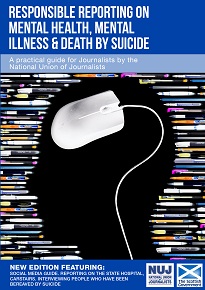Research & Impact
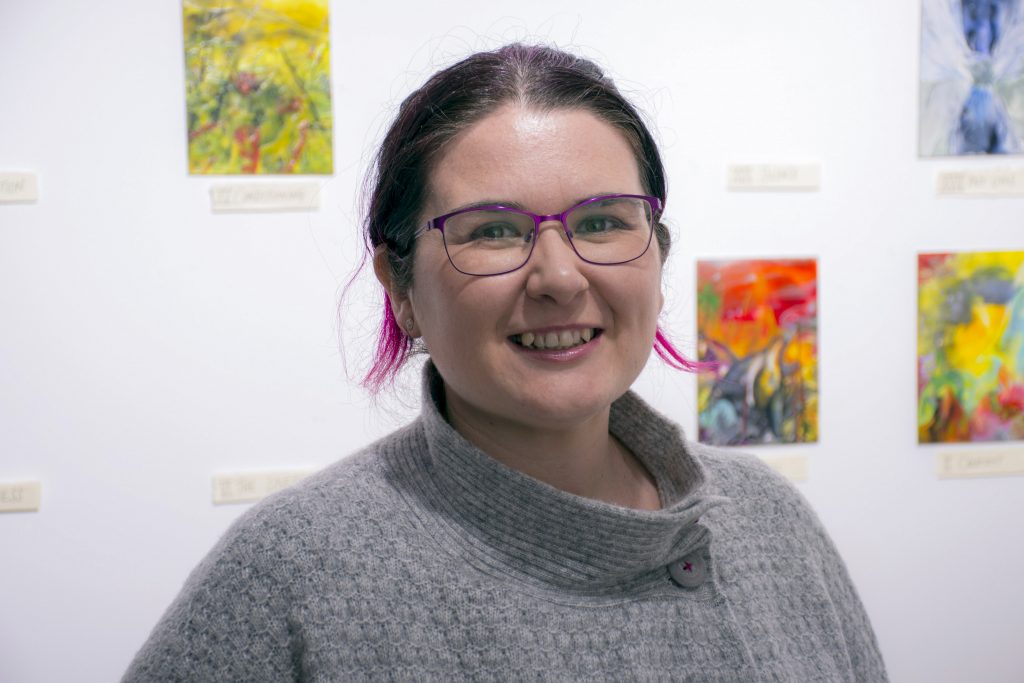
Ann Luce
She co-authored two sets of guidelines to preserve the health of animals, including cats and dogs, with the drug Fipronil.
Dr. Ann Luce is an Associate Professor in Journalism and Communication with nearly 10 years of investigative data journalism (covering health and science), business reporting (covering government and politics) and editorial writing experience in the United States. One of her most notable pieces of journalism was investigating suicide rates in Florida, which garnered support for the creation of the Office of Suicide Prevention and Drug Control in the State of Florida. Ann also won a “Responsible and Ethical Reporting of Suicide’ award from then-Governor, Jeb Bush.
She researches in the area of suicide and media and is author of The Bridgend Suicides: Suicide and the Media and editor of Ethical Reporting of Sensitive Topics and Midwifery, Childbirth and Media. She co-wrote two sets of guidelines for the World Health Organisation on the Reporting of Suicide, and Blogging Guidelines on suicide for SAVE, the United States’ largest mental health charity. She also consulted on #chatsafe, guidelines for young people to talk safely about suicide online created by Orygen, Australia.
She is currently the UK National Representative for the International Association of Suicide Prevention; steering group member for the National Suicide Prevention Alliance and the Research and Media lead on the Pan-Dorset suicide prevention strategy for the Dorset Clinical Commissioning Group.
Ann is available to speak at conferences and symposia. She is also available for Keynotes and consultation. Please e-mail her at: aluce@bournemouth.ac.uk for further information.
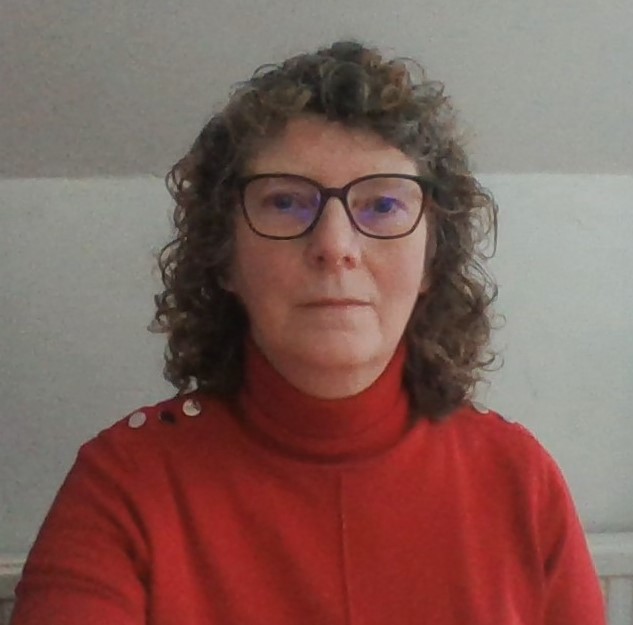
Sallyanne Duncan
Dr Sallyanne Duncan is a Senior Lecturer in Journalism, Media and Communication, specialising in journalism ethics at the University of Strathclyde, Glasgow. She is also programme director of the MLitt Digital Journalism degree.
She researches media reporting of trauma, death, bereavement, mental health and suicide. Her work focuses on journalistic processes, ethical issues and media representations and she has published several journal articles and book chapters in these areas.
She revised media reporting guidelines for the UK’s National Union of Journalists on Responsible Reporting of Mental Health, Mental Illness and Death by Suicide and gave evidence to the Health, Social Care and Sports Committee at the Welsh Assembly on media reporting of suicide. She has run several workshops for professional organisations on media reporting of trauma, suicide and mental health issues.
She co-authored a book, Reporting Bad News, on the decisions journalists undertake when covering death and presented evidence on media intrusion to the Leveson Inquiry. She is currently writing a book on ethics for journalists.
She is also an editor of the online, peer-reviewed journal, Journalism Education: https://journalism-education.org/
Sallyanne is available to give keynotes, to speak at conferences, symposia, for consultation and to run workshops. Please email her at sallyanne.duncan@strath.ac.uk.
Professional Impact: The Suicide Reporting Model
RESEARCH
- Using the Responsible Suicide Reporting Model to increase adherence to global media reporting guidelines
- Teaching responsible suicide reporting (RSR): Using Storytelling as a pedagogy to advance media reporting of suicide
NEWS
April 2021
- American Association of Suicidology Keynote. Information here.
March 2021
- #the ElevateTheConvo live Twitter chat on the upcoming American Association of Suicidology conference, with 14.39 million impressions. Read the curated summary here.
- The Byline Club: Reporting bad news responsibly: a Q&A with Dr. Sallyanne Duncan. Read article here.
December 2020
- Strathclyde University: Toolkit for Responsible News Reporting of Suicide. Read article here.
November 2020
- DigiFest 2021: In Conversation: A Digifest 2021 panel. Read article here.
October 2020
- American Association of Suicidology Live Stream here.
- Press Gazette: Academics say alternative ways of telling suicide stories to ‘promote hope’ can save lives. Read article here.
September 2020
- IPSO: External Resources for Journalists. See here.
- Journalism.co.uk: New online tool helps journalists report on suicide ethically. Read article here.
- Bournemouth University: Suicide Reporting Toolkit launched by BU Academic. Read article here.
August 2020
- DART Centre: The Suicide Reporting Toolkit. See here.
- Ethical Journalism Network: Ethics in the News. Listen to the Podcast here.
- Ethical Journalism Network: Responsible Suicide Reporting Model embeds media reporting guidelines in storytelling. Read article here.
- Public Media Alliance: The Suicide Reporting Toolkit. Read article here.
- HoldtheFrontPage: Journalism trainers urge reporters not to mention suicide locations in stories. Read article here.
- International Association of Suicide Prevention: From the UK National Representative. Read article here.
November 2019
- Borneo Post Online: Role of the Media in Preventing Suicide. Read article here.
September 2019
- Press Gazette: Academic urges journalism lecturers to step up teaching on suicide reporting. Read article here.
POLICY
- Everybody’s Business: A Report on Suicide Prevention in Wales, Welsh Assembly, December 2018. Read here: Luce and Duncan Expert Testimony
- Health, Social Care and Sport Committee Recommendations to Welsh Assembly, December 2018. Read here: Recommendations based on Luce and Duncan Expert Testimony
- Luce’s response to Welsh Government Response to Health, Social Care and Sport Committee’s Report. Read here: Luce Welsh Assembly Response
Research & Production Team
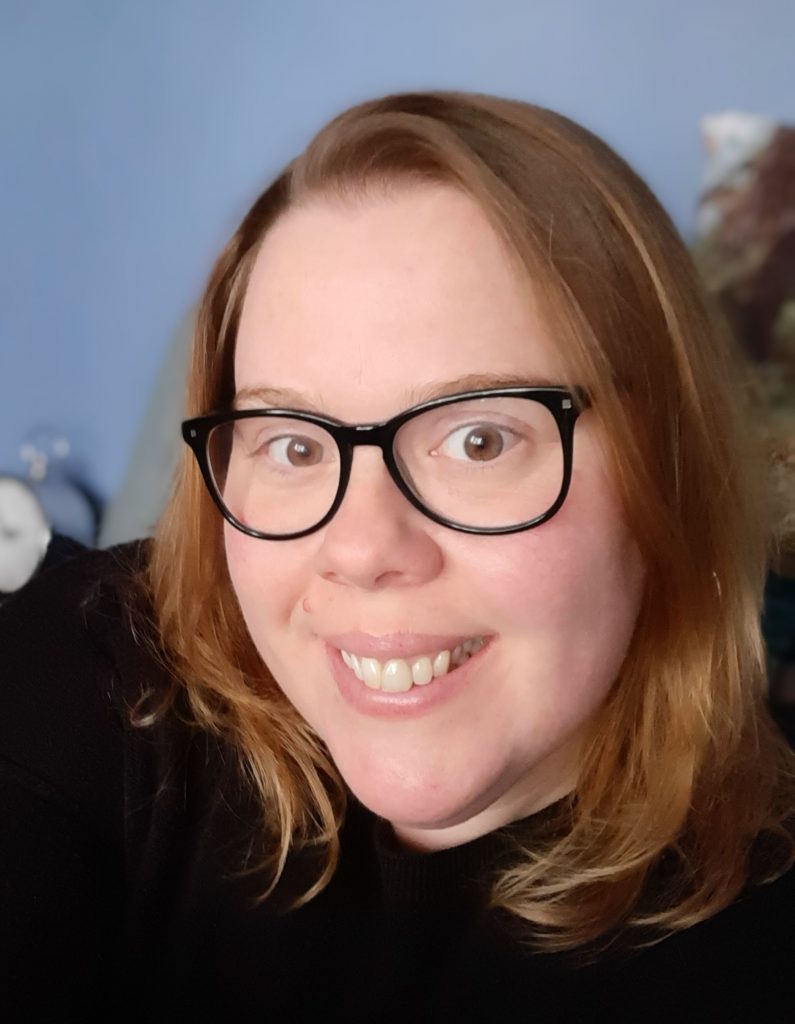
Amy is currently undertaking her PhD at Bournemouth University researching Women in Political Leadership. She has a BA Hons in American Studies and Politics from Brunel University and an MA in International Political Communication from Bournemouth University.
Current research includes gender stereotypes and political leaders, popular feminism and misogyny, women political leaders in times of crisis and issues of intersectionality in unisex spaces. Amy also teaches on media, representation and political psychology at Bournemouth University. Amy can be found on Twitter @AmyETatum
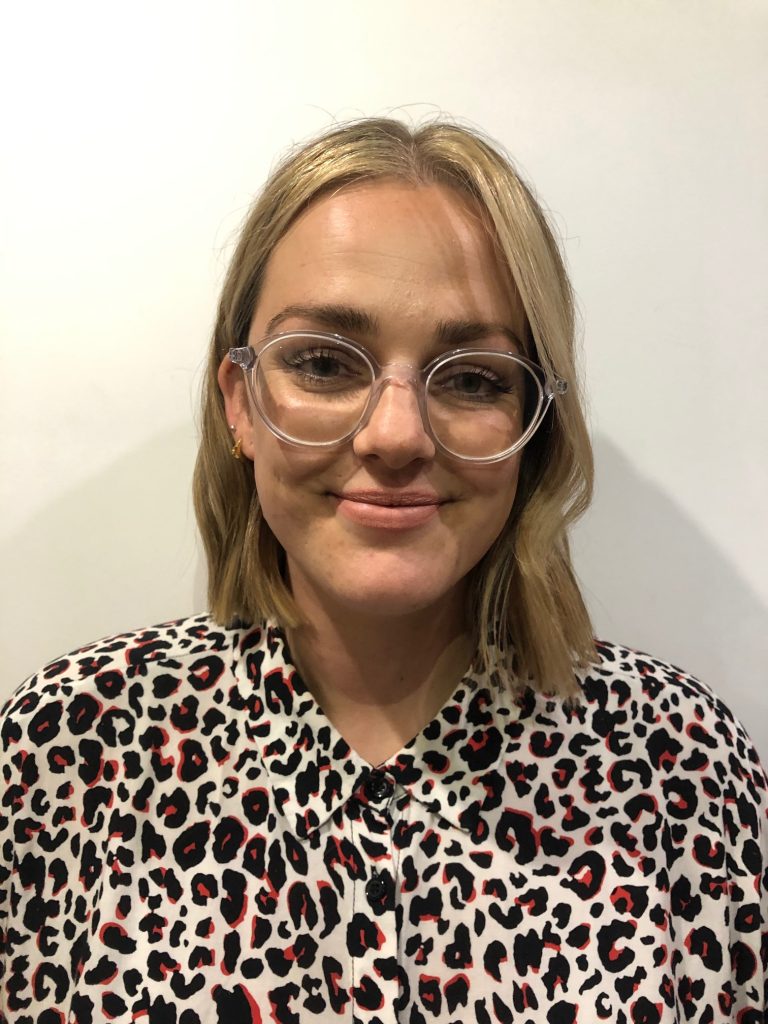
A journalist born and bred in the South West, Kayleigh is a graduate from the BA (Hons) Multimedia Journalism course at Bournemouth University and is also NCTJ qualified. Kayleigh has particular passion in current affairs, politics and human rights. She is not shy of contentious subjects and has covered stories on abortion debates, micro-dosing psychedelics and whistleblowing. Kayleigh can be found on Twitter @kaheckford

Courtney has recently graduated from Bournemouth University after completing her degree in Multimedia Journalism. Over the course of the last three years, she has gained a number of skills both during her course and outside – this includes documentary making & filming, social media skills, and feature writing all while demonstrating leadership and teamwork qualities throughout. Through covering a range of topics, notably on LGBT+ rights, environmental issues and a dissertation on queer female representation on television, she spent last year crafting her work in sports journalism where she continues to act as a trusted voice within women’s football. She now eagerly awaits the next venture in her career beginning September of 2020 when she begins training to become a qualified English Teacher. You can find Courtney over on Twitter, @cjhsport.

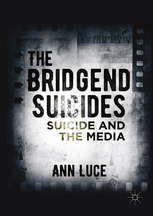 The Bridgend Suicides: Suicide and the Media takes an in-depth look at how suicide was represented in the British press when 20 young people between the ages of 15 and 29 took their own lives in the South Wales Borough of Bridgend in 2008. The chapters highlight specific categories of description that journalists use to explain suicide to their readers. The study also examines the discourses that emerged around suicide that continue to perpetuate stigma and shame when suicide occurs today. Using her own experience of having lost a loved one to suicide, coupled with original research, the author gives a very frank explanation of why suicide is not accepted in society today.
The Bridgend Suicides: Suicide and the Media takes an in-depth look at how suicide was represented in the British press when 20 young people between the ages of 15 and 29 took their own lives in the South Wales Borough of Bridgend in 2008. The chapters highlight specific categories of description that journalists use to explain suicide to their readers. The study also examines the discourses that emerged around suicide that continue to perpetuate stigma and shame when suicide occurs today. Using her own experience of having lost a loved one to suicide, coupled with original research, the author gives a very frank explanation of why suicide is not accepted in society today.
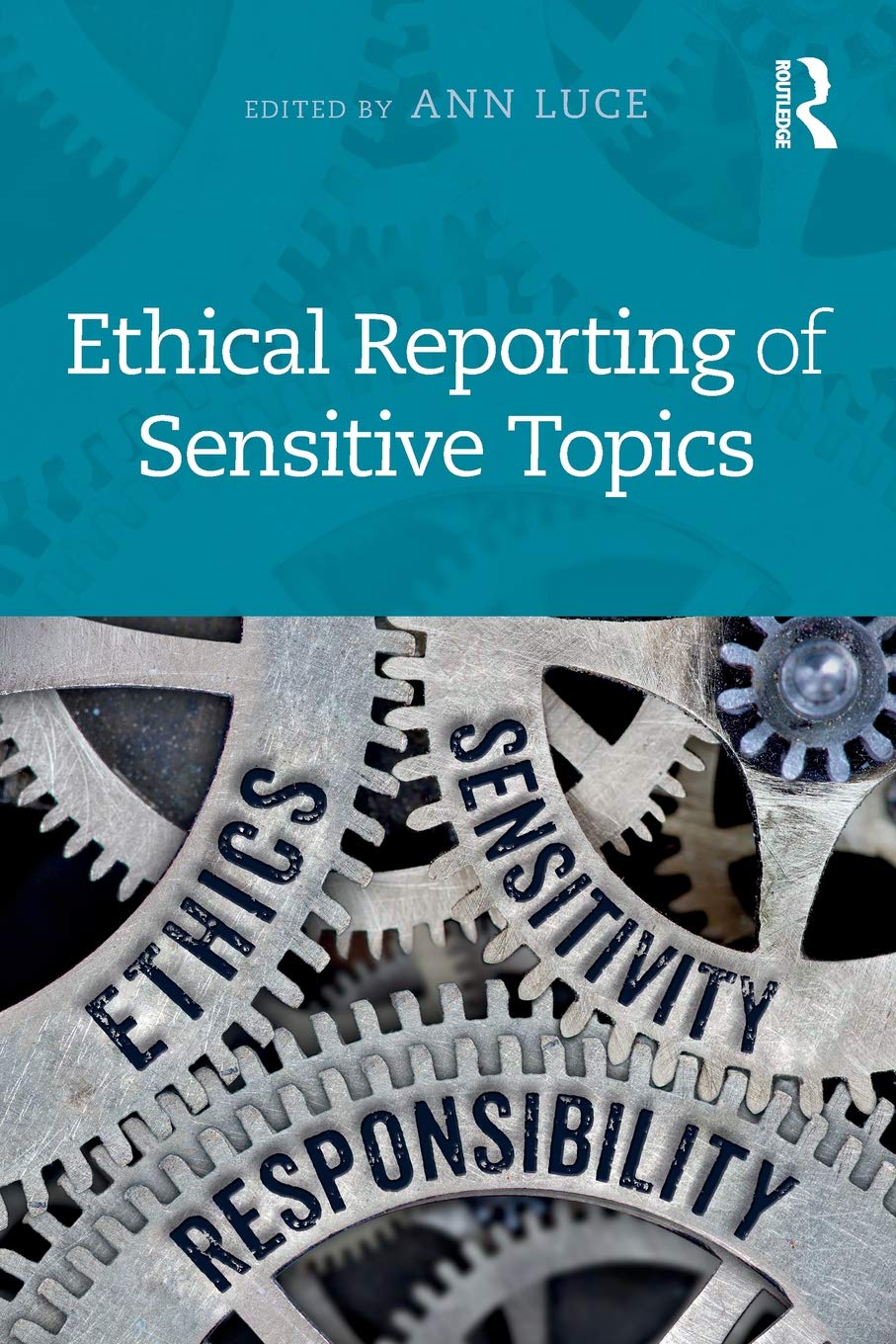
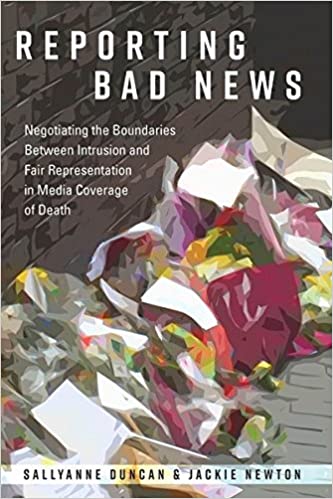 Reporting Bad News addresses a gap in the literature concerning death reporting and stories of personal tragedy. Much has been written about disasters and large-scale tragedies, but this research concentrates on individual loss and the relationship between journalist and vulnerable interviewee. While much discussion in this area is negative, focusing on the ethics of intrusion and journalists who act insensitively under pressure, the authors’ aim is to turn this focus around by looking at best practice in encounters between reporters and the bereaved, survivors and the vulnerable. It is hoped that by examining contemporary death reporting, explaining its public service role, proposing a new model of ethical participation and offering a structure for sensitive interviewing, the most harmful aspects of the process can be reduced for both the journalist and, more importantly, the grieving and the victims. The work is based on years of research by the authors, on interviews with journalists, journalism educators, bereaved families and support groups and is supplemented with a detailed analysis of the reporting of death across academic disciplines and perspectives.
Reporting Bad News addresses a gap in the literature concerning death reporting and stories of personal tragedy. Much has been written about disasters and large-scale tragedies, but this research concentrates on individual loss and the relationship between journalist and vulnerable interviewee. While much discussion in this area is negative, focusing on the ethics of intrusion and journalists who act insensitively under pressure, the authors’ aim is to turn this focus around by looking at best practice in encounters between reporters and the bereaved, survivors and the vulnerable. It is hoped that by examining contemporary death reporting, explaining its public service role, proposing a new model of ethical participation and offering a structure for sensitive interviewing, the most harmful aspects of the process can be reduced for both the journalist and, more importantly, the grieving and the victims. The work is based on years of research by the authors, on interviews with journalists, journalism educators, bereaved families and support groups and is supplemented with a detailed analysis of the reporting of death across academic disciplines and perspectives.